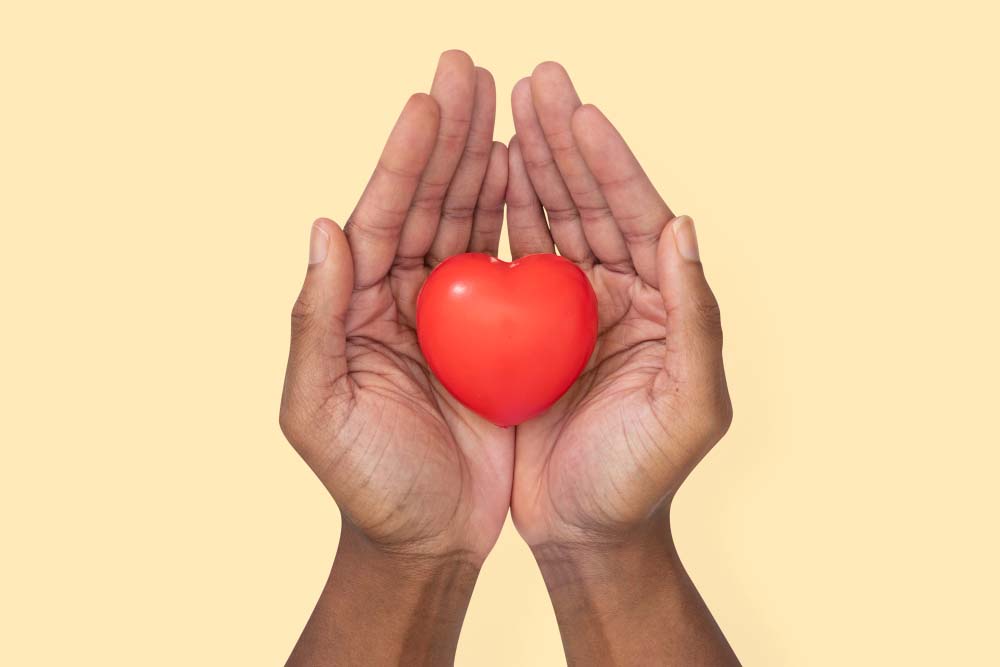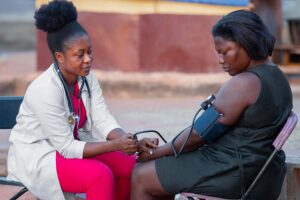Blood donation is a selfless act that plays a critical role in healthcare systems around the world. Every pint of blood donated can save up to three lives, providing essential support for a variety of medical situations, including surgeries, cancer treatments, and emergency care. In regions like Africa, where healthcare resources are often limited, the importance of blood donation cannot be overstated. This article explores the myriad reasons why blood donation is a gift of life and how it profoundly impacts individuals and communities.
The Life-Saving Power of Blood Donation
Emergency Situations
In emergency situations, such as car accidents or natural disasters, the need for blood is immediate and critical. Victims often require multiple blood transfusions to replace lost blood and stabilize their condition. Blood donation ensures that hospitals have a readily available supply to respond to these urgent needs.
Chronic Conditions
Patients with chronic conditions like sickle cell anemia, hemophilia, and certain types of cancer often need regular blood transfusions to manage their health. Blood donations provide these patients with the life-sustaining support they need to live longer, healthier lives.
Surgeries and Medical Procedures
Many surgical procedures, from heart surgeries to organ transplants, require blood transfusions. Blood donations ensure that these complex surgeries can proceed safely, reducing the risk of complications and improving patient outcomes.
The Need in Africa
Maternal Health
Maternal mortality is a significant issue in many African countries, with hemorrhage being a leading cause of death during childbirth. Blood donations are crucial for saving the lives of mothers experiencing severe blood loss during delivery.
Anemia and Malaria
Malaria is prevalent in many parts of Africa and often leads to severe anemia, particularly in children. Blood transfusions are a critical treatment for severe anemia, helping children recover and regain their health.
Limited Healthcare Resources
In many African countries, healthcare systems are under-resourced, and the availability of safe, reliable blood supplies is limited. Blood donation programs play a vital role in supplementing these resources and ensuring that patients receive the care they need.
Community Impact
Fostering Solidarity
Blood donation fosters a sense of community and solidarity. It brings people together for a common cause, reinforcing the idea that we all have a role to play in saving lives and supporting our neighbors.
Encouraging Volunteering
Blood donation programs often inspire broader volunteerism within communities. People who donate blood frequently become advocates for other health-related causes, contributing to overall community well-being.
Building Resilient Communities
By ensuring a stable blood supply, blood donation programs help build resilient communities that can better withstand public health challenges. This resilience is particularly important in regions prone to epidemics and other health crises.
How You Can Help
Become a Donor
The most direct way to contribute is to become a regular blood donor. Most healthy individuals between the ages of 18 and 65 can donate blood. Check with local hospitals or blood donation organizations for eligibility criteria and donation locations.
Spread Awareness
Educate your friends, family, and community about the importance of blood donation. Use social media, community events, and word-of-mouth to spread the message and encourage others to donate.
Support Blood Donation Drives
Volunteer at or organize blood donation drives in your community. Partner with local businesses, schools, and community groups to maximize outreach and impact.
Conclusion
Blood donation is a powerful and impactful act that saves lives and strengthens communities. In regions like Africa, where the need for blood is especially critical, every donation makes a significant difference. By donating blood, you are giving the gift of life, supporting healthcare systems, and fostering a spirit of solidarity and resilience within your community. Consider becoming a regular blood donor and encouraging others to do the same, helping to ensure that everyone has access to the life-saving support they need.




